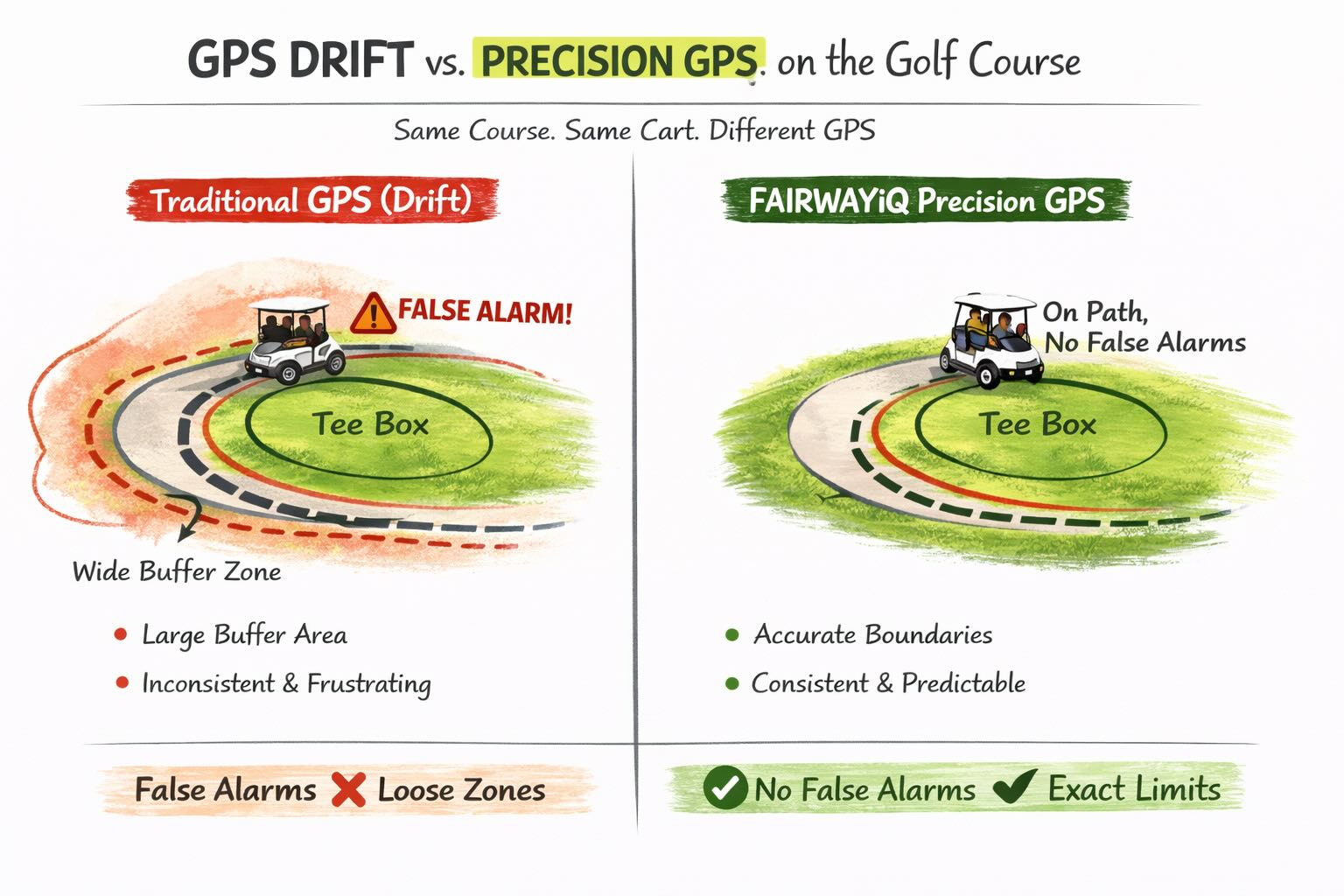In 2023, golf’s appeal is indisputably on the rise with over 26.6 million taking to the courses and 18.4 million enjoying off-course activities. Our analysis reveals why golf participation is not only growing but diversifying, with significant shifts in who is playing and how. From burgeoning economic implications to shifts in demographic participation, we explore the compelling story behind the rising numbers.
Key Takeaways
- Golf has experienced significant growth in 2023, with over one-third of the U.S. population engaging with the sport in some form, including a record 26.6 million on-course and 18.4 million exclusive off-course participants.
- The demographic composition of golfers is diversifying, with notable increases in female participation by 25% over the past four years, and ethnic minority participation up by 43%, reflecting the sport’s broadening appeal.
- The economic impact of golf is substantial, with a $101.7 billion contribution to the U.S. economy in 2022, and diverse consumer interests driving trends in golf-related travel and equipment sales.
The Current Landscape of Golf Engagement

An analysis of recent data reveals an interesting trend – golf is booming. According to the National Golf Foundation, more than one-third of the national population playing golf in some form in 2023, considering the U.S. population over the age of 5.
This surge in golf’s popularity is visible both on and off the course, with more people watching golf than ever before.
The Surge in On-Course Golfers
The game’s traditional playing field – the golf course – has witnessed a record number of over 26.6 million people participating in 2023. This surge in on-course golfers has been driven by a record number of beginners and core golfers intending to play more in 2024.
The allure of the green grass game extends from seasoned on course players to those who have just started to discover the thrills of the sport, contributing to an unprecedented growth in the on-course population and the on course participation pool.
Off-Course Only Participants Gain Momentum
Away from the manicured greens, golf is gaining momentum in a different form. Entertainment venues like Topgolf have made the sport more accessible and appealing to a broader audience, leading to a hefty count of 18.4 million exclusive off-course participants in 2023.
These casual and inviting platforms have played a key role in attracting over 3 million beginners to the sport in recent years.
Very Interested Observers: Watching Golf's Influence
Interest in golf isn’t confined to those who play. More than 123 million Americans consumed golf-related content last year, demonstrating the sport’s wide-reaching influence. Social media platforms, broadcasting golf events, and sharing content have played a significant role in maintaining engagement with a broad audience, including those who may not actively participate in the sport.
Demographics Driving Change in Golf Participation

Golf’s appeal isn’t limited to a single demographic. The sport has seen a shift in the community, from a notable increase in women and juniors’ involvement on the course to a rise in ethnic diversity. This changing landscape is crucial in understanding golf’s growing popularity.
Women and Girls Playing Golf: A Notable Increase
The fairway is becoming increasingly diverse with a 25% increase in female participation over the past four years. Girls now represent over one-third of junior golfers, a substantial rise from just 15% in the year 2000.
This increase in female participation is a promising sign for the future of the sport, with core female golfers demonstrating a higher sentiment to play more golf in the future, as they enjoy participating in golf.
Ethnic Diversity on the Course
The increase in golf participation isn’t just defined by gender but also ethnicity. The participation among Asian, Black, and Hispanic golfers has surged by 43%, indicating robust growth within these communities. This growth surpasses the demographic shifts observed in the broader U.S. population, suggesting a significant trend in golf’s appeal across different ethnicities.
Junior Golfers: The Next Generation on the Green
The future of golf looks promising with junior golfers showing a 40% increase in participation across various age groups. This growth signifies a shift towards a younger demographic, with over one-quarter of these young golfers being non-Caucasian, a significant change from just 6% minority participation two decades prior.
The Economic Impact of Growing Golf Participation
The rise in golf participation isn’t just a positive trend for the sport; it’s also a significant economic driver. In 2022, the U.S. golf industry generated an impressive economic impact of $101.7 billion, creating over 1.65 million jobs.
Golf-Specific Travel Plans Among Core Golfers
Golf isn’t just played locally; it’s a sport that inspires travel. More than two-thirds of Core golfers are planning golf-specific trips, contributing to a booming $20 billion golf travel industry in the U.S.
The Market for Golf Equipment

The surge in golf participation has led to a corresponding interest in golf equipment. With one-third of Core golfers intending to purchase clubs, the market for golf equipment is set to experience a boost.
Boosting Golf's Positive Visibility
High-profile endorsements and engaging content are reshaping the image of golf, boosting its visibility and appeal through off course engagement.
Celebrity Endorsements and Their Impact
Celebrities and athletes with large followings have enhanced the visibility of golf, influencing the perception of the sport among non-golfers. Tiger Woods, for instance, significantly influenced the perception of golf, making it more stylish and modern, and reshaping the culture of the game in the 2000s.
Content Creators and the Cool Factor
Golf’s cool factor is being amplified by content creators who introduce the sport to younger, tech-savvy audiences through engaging content. Influencers on social media are redefining the sport’s culture, growing personal brands, and generating content that resonates with younger audiences, thereby enhancing the sport’s cool factor.
Understanding Golf's Consumer Base
Golf’s consumer base is as multifaceted as the sport itself. To understand golf’s consumer base, it is essential to consider that golf participation primarily focuses on those who only play on-course to those who engage off-course, and those who partake in both activities. Understanding these participants provides a comprehensive picture of golf’s extensive reach and influence.
Green Grass Golfers vs. Recreational Players
The golf community is diverse, with green grass golfers often favoring manicured lawns and prioritizing course access, while recreational players may enjoy off-course activities like driving ranges or simulators.
Engaged Spectators: The Role of Interested Observers
In addition to those who play, engaged spectators significantly influence the culture and economy of golf. Approximately 123 million Americans engage with golf even if they are not active players, underscoring the substantial role of spectators in the sport.
Summary
From the green grass of the golf course to the digital greens of social media, golf’s appeal is as varied as its players. A sport once confined to a niche demographic is now embraced by diverse participants. Golf’s economic impact is significant, and its ability to inspire travel and equipment purchases further fuels its growth. Celebrity endorsements and engaging content continue to elevate the sport’s visibility, while understanding the consumer base provides insights into the broad reach and influence of golf.
Frequently Asked Questions
How many Americans consumed golf in some fashion last year?
Over 123 million Americans consumed golf in some form last year. This shows a widespread interest in the sport among Americans.
What percentage of Americans who consumed golf-related material on social media don't play green-grass golf?
80% of Americans who consume golf-related material on social media do not play green-grass golf.
What percentage of Core golfers expect to play the same or more in 2024 compared to last year?
A significant 95% of Core golfers expect to play the same or more in 2024 compared to last year. This indicates a strong enthusiasm for continued participation in golf.
Is the sentiment to play more stronger among Core female golfers compared to their male counterparts?
Yes, the sentiment to play more is even higher among Core female golfers than their male counterparts.
Related Posts

Precision GPS for Golf Carts: Lessons from Agriculture

Golf Cart Geofencing

Precision GPS for Golf Carts
Revolutionize Your Golf Operations with FAIRWAYiQ
Unlock the power of data analytics to optimize your golf course management

